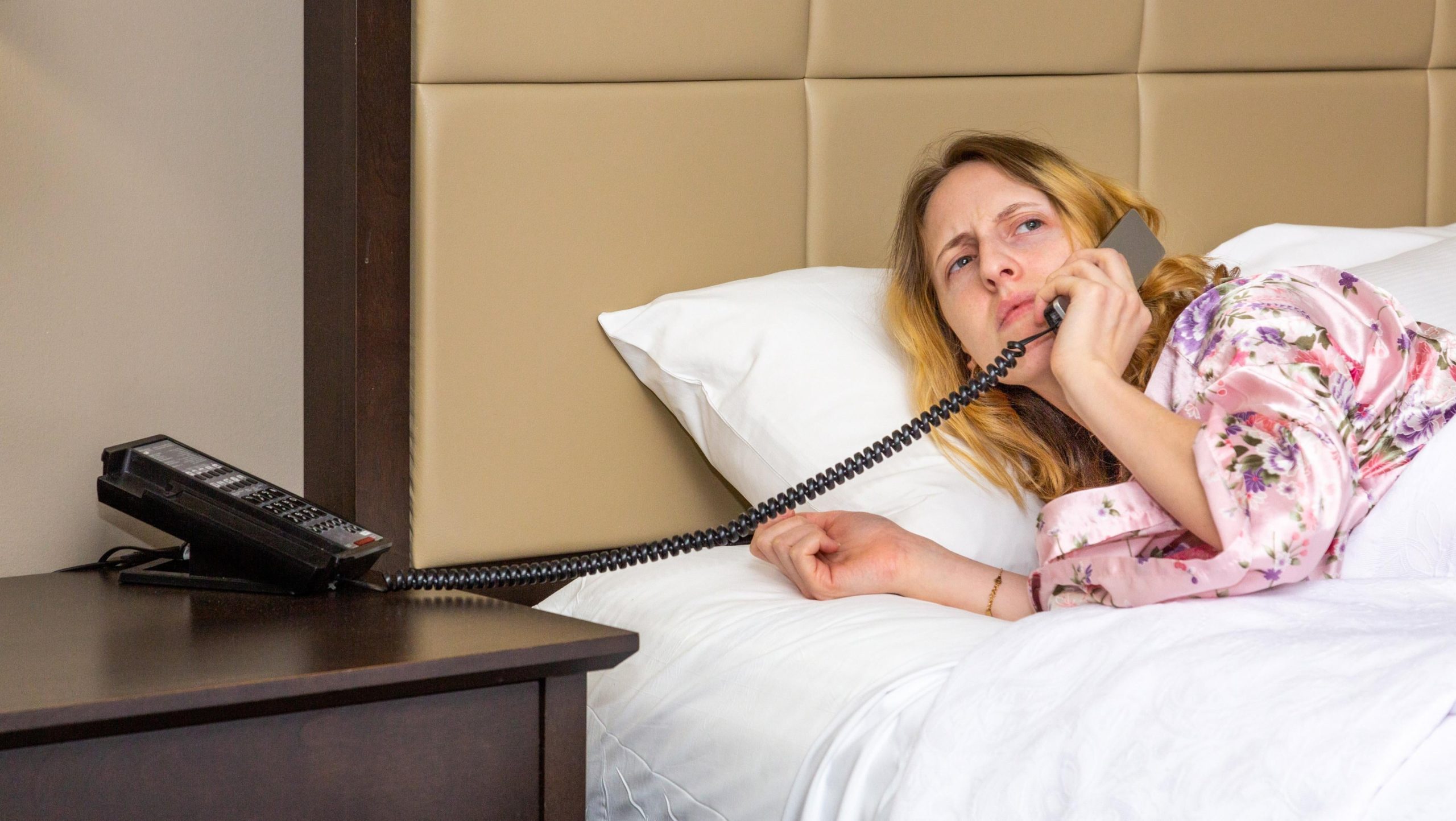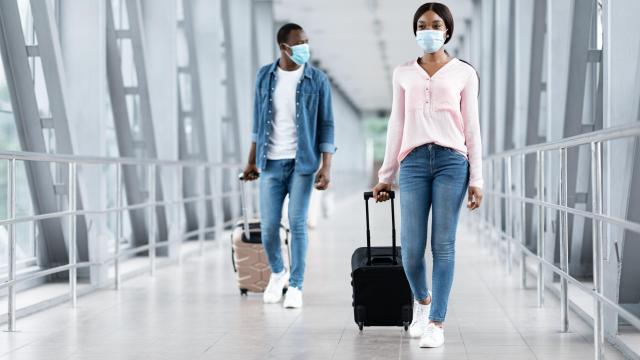Some 53% of Americans are planning at least one trip this year, and scammers will be following them every step of the way. Whether you’re booking flights or rental cars online; at the airport; or even in your hotel room, scams are everywhere. And we’re not just talking about garden-variety phishing texts, either — as the Better Business Bureau reports, some of these pandemic-era scams are next-level deceptions that are catching otherwise savvy consumers off guard. Here’s a look at the most common travel scams, and how to avoid them.
Fake airline booking sites

The scam: When searching for travel deals online, you might uncover a great deal on a travel site you’ve never used before. The site will be fully functional and branded, with auto-complete search results and functional calendars that will let you book a flight or hotel (either directly on the site or through a customer hotline). Unfortunately, the website is a scam, and exists only to take your money and credit card information.
How to avoid this scam: Research any unfamiliar site before sharing your personal information, and stay away from travel sites that don’t have the little padlock icon next to “https://” in the address bar when making a booking. Also, these sites often have a lot of typos or nonsensical dummy text that’s meant to be seen, not read, so look carefully.
Disappearing holiday rentals

The scam: With the popularity of AirBnB, consumers are increasingly comfortable booking holiday rentals on secondary markets like Craigslist and Facebook Marketplace. The problem is that scammers are using fake listings and fake photos to rent out properties that don’t exist. This scam can also happen on legit rental sites like Domain and Real Estate.com, despite the companies’ efforts to stamp them out. Often this happens because the scammer convinces the buyer to negotiate and pay for listings away from these reputable host sites, usually via email or text.
How to avoid this scam: Don’t negotiate or pay for holiday properties outside of legitimate property rental sites, and stay well clear of Craiglist or Facebook listings that you can’t verify directly.
Fake rental-car ads

The scam: With car rental rates up 30% over the same time last year, consumers are eager to get a good deal. Scammers have rushed to take advantage of demand by creating bogus online ads that direct people to a hotline on which a “customer service representative” will wheedle your credit card information out of you, or offer a “special deal” in exchange for a gift card or pre-paid debit card.
How to avoid this scam: Always do a separate web search to verify that the number you’re calling is actually for the rental car company. Be wary of any “too good to be true” offers, especially from random ads online. (Anything to do with gift cards is a scam.)
Airport and hotel Wifi hacks

The scam: Scammers can set up fake wifi networks with similar names to what you’re expecting to use (they can be either blandly generic, like “Free Public Wifi” or specific to your location, like “Marriott Wifi”), hoping you’ll connect to it. Once you’re connected, hackers will try to steal your personal information, including passwords and banking information.
How to avoid this scam: Verify the name of any free wifi network is actually affiliated with a store, airport, or hotel before joining the network. Also consider using a virtual private network (VPN), which encrypts internet traffic on unsecured networks.
Fake Front Desk Calls

The scam: A scammer calls your hotel room pretending to be the person working at the front desk. They will say there’s a problem with the card on file and ask the traveller to verify credit card information over the phone.
How to avoid this scam: If there’s a dispute or issue with your credit card, deal with it at the front desk directly, and not over the phone.

Leave a Reply
You must be logged in to post a comment.